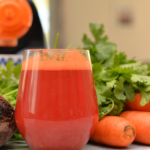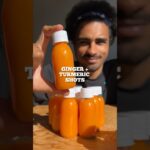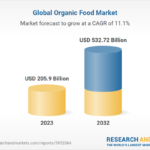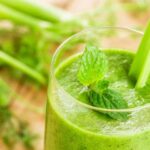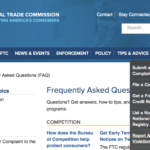Sugary Sodas and Artificially Sweetened Drinks Can Raise Risk of Atrial Fibrillation by 20 Percent Sugars and artificial sweeteners both increase the risk of this heart rhythm disorder, a new study suggests. Soft drinks that contain sugar or artificial sweeteners are associated with an increased risk for atrial fibrillation, a heart rhythm disorder that can lead to blood clots and strokes, a new study suggests. For the study, researchers examined data on more than 200,000 people without any history of atrial fibrillation who completed detailed dietary questionnaires. Scientists wanted to see whether their risk of developing atrial fibrillation might vary based on their consumption of sugary beverages, artificially sweetened drinks, or pure fruit juices. Circulation: Arrhythmia and Electrophysiology . Even when people limited their consumption of drinks with sugar and artificial sweeteners to 2 liters maximum each week, they still had a 10 percent higher risk of atrial fibrillation. ‘Potential Health Risks’ “Do not take it for granted that drinking low-sugar and low-calorie artificially sweetened beverages is healthy,” Dr. Wang added. “It may pose potential health risks.” Atrial fibrillation is a heart rhythm disorder that can cause a rapid, irregular heartbeat. Symptoms can include heart palpitations, difficulty breathing, chest pain, confusion, and challenges with physical activity. While it can be managed with medication and lifestyle changes, if left untreated the condition can lead to blood clots, stroke, and heart failure. Water or Occasional Pure Juice Are Better Options When it comes to preventing atrial fibrillation, people with a sweet tooth may want to stick to the occasional glass of natural fruit juice, the study results suggest. Drinking up to 1 liter a week of pure fruit juice was associated with an 8 percent lower risk of atrial fibrillation. The study wasn’t designed to prove whether or how eating or drinking any specific things might directly cause atrial fibrillation. Another limitation of the analysis is that it relied on participants to accurately recall and report on their eating and drinking habits, a method that doesn’t always provide an accurate picture of what people really consume. “This is the first study to report an association between no- and low-calorie sweeteners and also sugar-sweetened beverages and increased risk of atrial fibrillation,” Dr. Kris-Etherton said. More research is still needed to confirm the connection between sweetened beverages and all of the health consequences, including the risk of atrial fibrillation, Kris-Etherton added. “In the meantime, water is the best choice, and, based on this study, no- and low-calorie sweetened beverages should be limited or avoided.” Editorial Sources and Fact-Checking Everyday Health follows strict sourcing guidelines to ensure the accuracy of its content, outlined in our editorial policy. We use only trustworthy sources, including peer-reviewed studies, board-certified medical experts, patients with lived experience, and information from top institutions. Sources Sun Y et al. Sweetened Beverages, Genetic Susceptibility, and Incident Atrial Fibrillation: A Prospective Cohort Study. Circulation: Arrhythmia ad Electrophysiology . March 5, 2024. Sweetened Drinks Linked to Atrial Fibrillation Risk. American Heart Association. March 5, 2024.
This content was originally published here.

